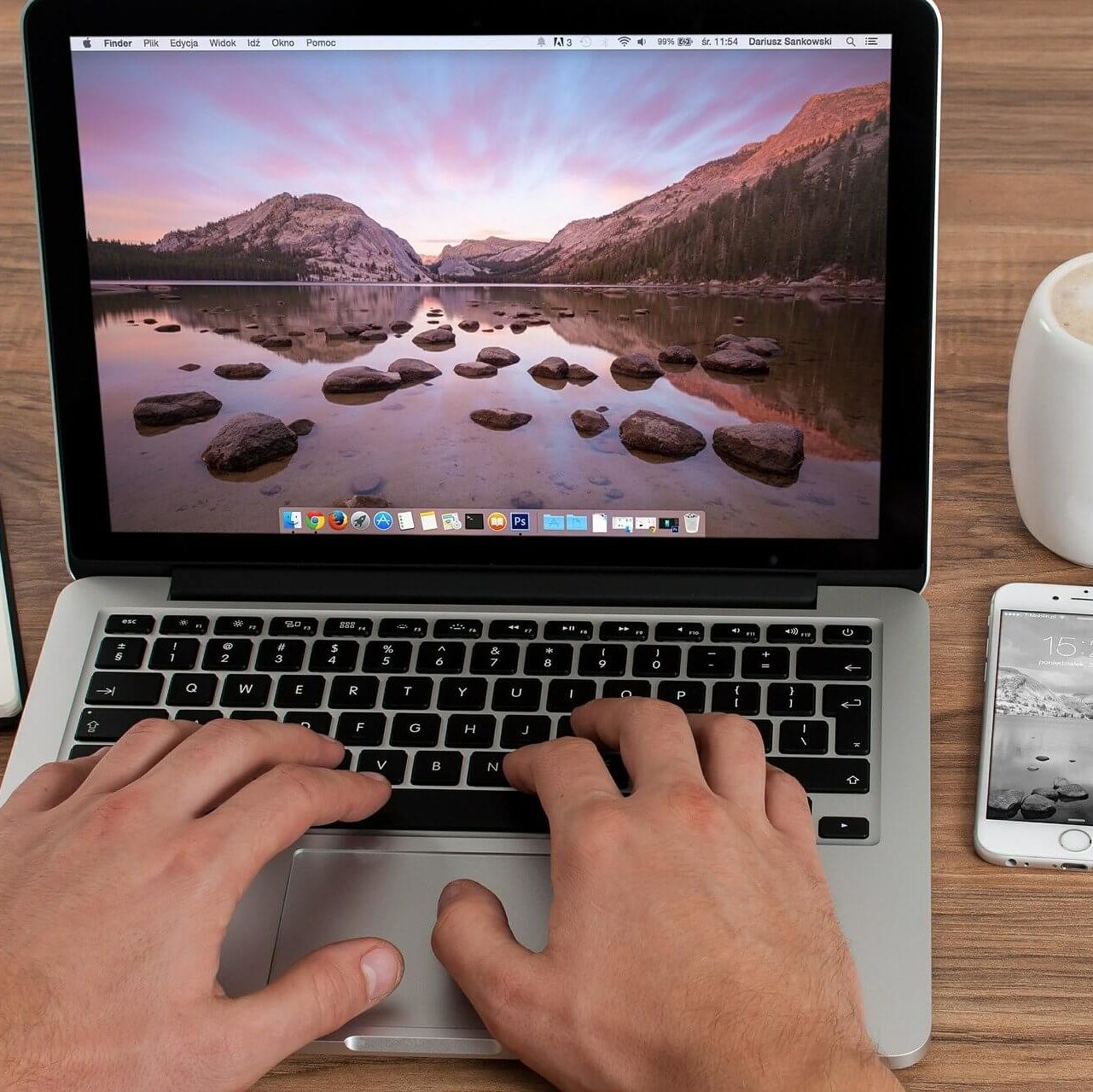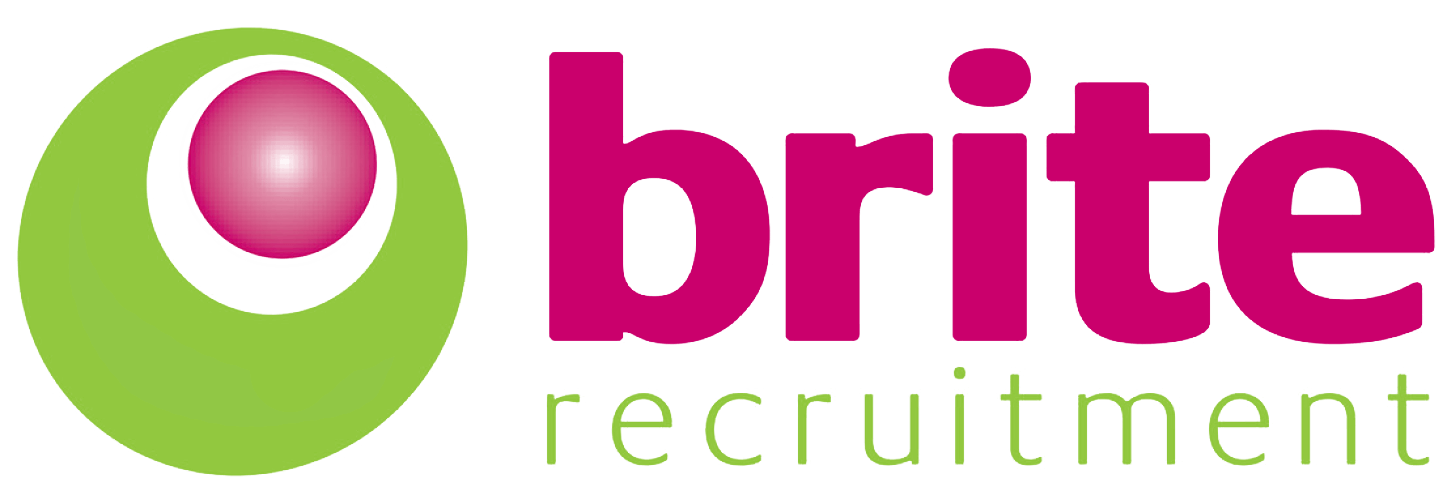
How to Impress at a Job Interview
What happens in a job interview?
An interviewer's job is to test you to see if you are a good fit for their company. You will be critiqued, assessed, and evaluated. It is important you show them exactly what makes you a strong candidate.
After a recruiter’s candidate exits the interview, the interviewer gives the recruitment agency feedback. While we always hope for exceptional feedback, sometimes the news is not always good.
Have you got to prepare a presentation for your interview? Read our Interview Presentation Tips blog for some helpful information.


How do you impress at a job interview?
Everyone gets nervous in interviews. Sweaty palms, light-headedness and rambling speech are natural reactions to being under pressure. However, none of these will help you have a great interview.
The way you present yourself and handle your emotions will speak volumes about your performance capabilities. By following these simple strategies below, you can help eliminate nervousness before an interview.
If you've got a virtual job interview coming up, check out our Video Interview Tips blog.
Steps to Impress at a Job Interview
Now is the time to take the pressure off your future self. You have days ahead of you to prepare. But how do you prepare to impress at a job interview? The steps below give you some great suggestions on impress at a job interview.
- Prepare
- Practice
- Prove Yourself

How to Impress at Interview
Step 1: Prepare
If you fail to plan, you are planning to fail.
- Research the company and role
- Plan your journey
- Organise your outfit and belongings
RESEARCH THE COMPANY & ROLE
You are certain to be asked specific questions about the company itself. So, you should really do your homework before the interview. Find out about who they are and what they do. Research things like their culture and history as well as any noteworthy news stories. It would also be a good idea to look at the latest developments in the industry so you can converse with confidence. You also need to make sure you know what the job you are applying for entails. In the interview you will need to demonstrate your full understanding.
You can find all this information online, whether it is on their website, social media, news articles or LinkedIn. Websites like Glassdoor can also be very useful.
PLAN YOUR JOURNEY
Arrive at least 10 minutes early because running late intensifies nerves. Figure out where you are going for the interview and how you are going to get there. Consider how long the journey will take and decide what time you need to leave. Allow extra time for any unexpected delays.
Being late to the interview reflects very negatively on you as a person. It shows you are not dedicated to the job as well as being disrespectful to the interviewer. However, you want to be punctual, but not super early. When you arrive more than fifteen minutes before your scheduled time, you put pressure on the interviewer.
If you know you are going to be late to the interview, call the business to advise them of the situation. Sometimes there is nothing you can do so letting them know will lessen the impact.
If you arrive too early, take advantage of that time and rehearse nearby. Feel free to use the restroom to check your appearance or simply sit down and relax.
ORGANISE YOUR OUTFIT & BELONGINGS
Appearances should not matter. But the fact is, you are often judged before you even utter a word. Instead of worrying about your choice of clothing on the day, plan what you are going to wear beforehand.
All interviews require formal wear. But a comfortable outfit is always better because it relaxes you. No jeans or trainers, and don’t go overboard with jewellery, perfume and bright colours. Double check the outfit fits, is polished and is clean and properly ironed to ensure you look smart.
How to Impress at Interview
Step 2: Practise
Practice makes perfect.
- Answer common interview questions
- Think of questions to ask
- Role play with someone
ANSWER COMMON INTERVIEW QUESTIONS
Although there is no set format every job interview follows, there are some questions you can almost guarantee will crop up. So, even though you can’t predict what you will be asked in the interview, you can practice responses to commonly asked questions. If you are unsure what they may ask you, read Glassdoor’s 50 Common Interview Questions for inspiration. Having some responses prepared will help avoid the “ums and ahs” that can occur when your anxiety rises.
No matter what company you are interviewing for, it is essential you keep your answers relevant. The business may be a fun, casual organisation and the interviewer may try to engage you in friendly chit chat but try not to turn the conversation unprofessional. Be friendly and conversational because you want them to feel you are the right for the company. But don’t cross the TMI line. When in doubt, leave it out.
THINK OF QUESTIONS TO ASK
You may be the one being interviewed, but the interviewer will ask if you have any questions at the end of the interview. Prepare a couple of questions so you are not caught off guard. It also demonstrates you are interested in the company and job role. You do not want to immediately ask questions about ‘what’s in it for me?’ because it looks arrogant and unappealing.
Examples include:
- What are some of the challenges facing the company?
- Where do you see the company in five to ten years?
- What does success mean to you and to the company?
- What have previous employees in this position gone on to do?
- I believe I’m a great fit for this company. Is there anything else I can do to dispel any doubts?
ROLE PLAY WITH SOMEONE
If possible, get a friend or family member to act as the interviewer. Select some key competency questions and note down your skills to match the job’s requirements e.g. leadership, teamwork problem-solving, conflict resolution. When you practise (either on your own or with a friend) don’t go over and over it until you’ve got it memorised. As long as you prepare enough to remember what you should include in your answer, you’re good to go.
It’s good to know what you are going to answer to common interview questions, you don’t want it to sound too rehearsed. You shouldn’t sound like you’ve pre-written a speech because you put yourself at risk at sounding robotic or disinterested.
How to Impress at Interview
Step 3: Prove Yourself
Give the right first impression.
- Be punctual
- Use positive body language
- Take notes
BE PUNCTUAL
Leave your home ahead of time to get to the interview 10-15 minutes early. Not only does this show you are eager to join the company, it also helps you remain calm. Even if there are delay issues, you can be safe in the knowledge you will be on time.
POSITIVE BODY LANGUAGE
Having positive body language goes a long way towards proving you’re a confident person with the right attitude. Begin the interview by greeting the interviewer(s) with a firm handshake, eye contact and a smile. Keep up the non-verbal communication throughout the interview. A warm smile emits a level of confidence and is calming, even if you don’t feel it. Relax, laugh and don’t worry about hesitating to answer questions. Try not to fidget!
When we are nervous, our speech tends to speed up. Remember to not speak too fast nor too slow. Use your own voice rather than imitating a highly formal public speaking voice but keep it professional.
TAKE NOTES
Show you are interested in what the interviewer is saying by jotting down pieces of information they give about the company or the job role.
What happens if it goes wrong?
A job interview can be a nerve-racking experience and mistakes do happen.
No matter how much you prepare, there’s always the chance something will go wrong in the interview. Nothing ever sticks to your plan. That’s life. Whatever the awkward moment, whether a weird handshake or slip of the tongue, there are correct ways you can handle them.

Job Interview Mistakes
YOU BADMOUTH A PREVIOUS EMPLOYER
Even if you don’t intend to, some things you say may seem disrespectful to your previous employer. You may have accidentally insulted your last place of work when describing a certain situation. It’s not the impression you want to give in your interview. But this mistake could make all the difference!
If you realise you’ve begun to badmouth your previous employer, don’t ignore it. Change the tone of the conversation by referring to yourself again. Get back to the topic at hand rather than your old boss. Try to stay positive and apologise to the interviewer for going off-topic. You can try to clarify what you meant if you’re confident you can. If not, don’t begin to try as you could dig the hole deeper!
YOU CAN’T ANSWER A QUESTION
If you don’t understand a certain question in the interview, don’t babble a random answer. The interviewer probably knows which questions confuse people so will understand a hesitation. Whatever you do, don’t make something up.
No matter how much you prepare for an interview, there may be a question that throws you. It’s not a problem to take a few moments to process the question. It might be enough time to generate a good answer. If not, tell the interviewer you don’t completely understand the question. and they may help you by rephrasing it. Focus on the important stuff.
YOU START TO BABBLE
It’s easy to over-share. Once you get talking, things start to slip out – especially when under pressure. But the no one needs a whole autobiography about your life. The interviewer has had to ask these questions to lots of people and knows what they want to hear in the answer.
When you start to realise you’re babbling, stop. Use the phrase “to go back to the question” to draw the interviewer’s attention back. Begin to talk about stuff relevant to the question like your skills and abilities. Other phrases can include “to return to the question” or “to come back to the question” or “to revisit the question”.
YOU SWEAR
Even if your workplace allows obscenities, it’s never a good idea to go into an interview effing and jeffing. Not everyone is onboard with expressing emotions using profanities. Everyone knows you’re not supposed to swear in an interview. But sometimes these things slip out.
Don’t try to ignore it. Don’t let an awkward silence follow it. Instead, apologise for your slip up and continue with whatever you were saying. Be polite and ensure the interviewer you don’t do it all that often!
YOUR PHONE GOES OFF
Forgetting to silence your phone is an easy mistake to make. But having a loud distraction in an interview is not what you need. It’s also not a good impression to make on the interviewer. When your phone goes off, even if it’s just a loud buzz, it can be distracting and seen as ‘rude’.
DON’T ANSWER IT. Acknowledge that it’s your phone and apologise for the interruption. Turn your phone off/put it on silent to avoid any more awkward moments. Don’t attempt to read the message or see who called. The interview should be your main and only focus.
YOU HAVE A WARDROBE MALFUNCTION
You may have been incredibly prepared with your outfit. Having washed and ironed it, you looked very smart…right up until the interview. You never know what can happen. You could spill coffee or rip your tights. Every outfit has the chance to be ruined as soon as you step out the door.
Unless you’re super organised and have brought an extra outfit, you’re probably stuck with the mishap. Luckily, an apology to the interviewer will let them know it’s a one-off incident. Make a joke about the situation to ease your nerves.
YOU GIVE A BAD HANDSHAKE
You can practise a handshake for hours but sometimes it will fail to hit the spot when in the real situation. Your initial handshake helps the interviewer to determine the type of person you are. Sweaty, shaky, limp handshakes aren’t good.
You can’t turn back time, but you can choose not to dwell on it. Don’t let one mishap ruin the whole interview. Try to show confidence through your body language and conversation instead.
YOU BECOME AWARE OF YOUR LIMBS
Normally, people aren’t overly conscious of their voice or limbs. But when in an interview situation, it’s sometimes the only thing you can focus on. It becomes all you can think about. You get distracted because you’re concerned about how your siting and how you’re speaking.
Practise answering questions and adjusting your body language beforehand. Get a friend or family member to give you suggestions on how you can improve. Trust yourself that you’re doing the right thing. Try not to overthink and focus on your answers.
